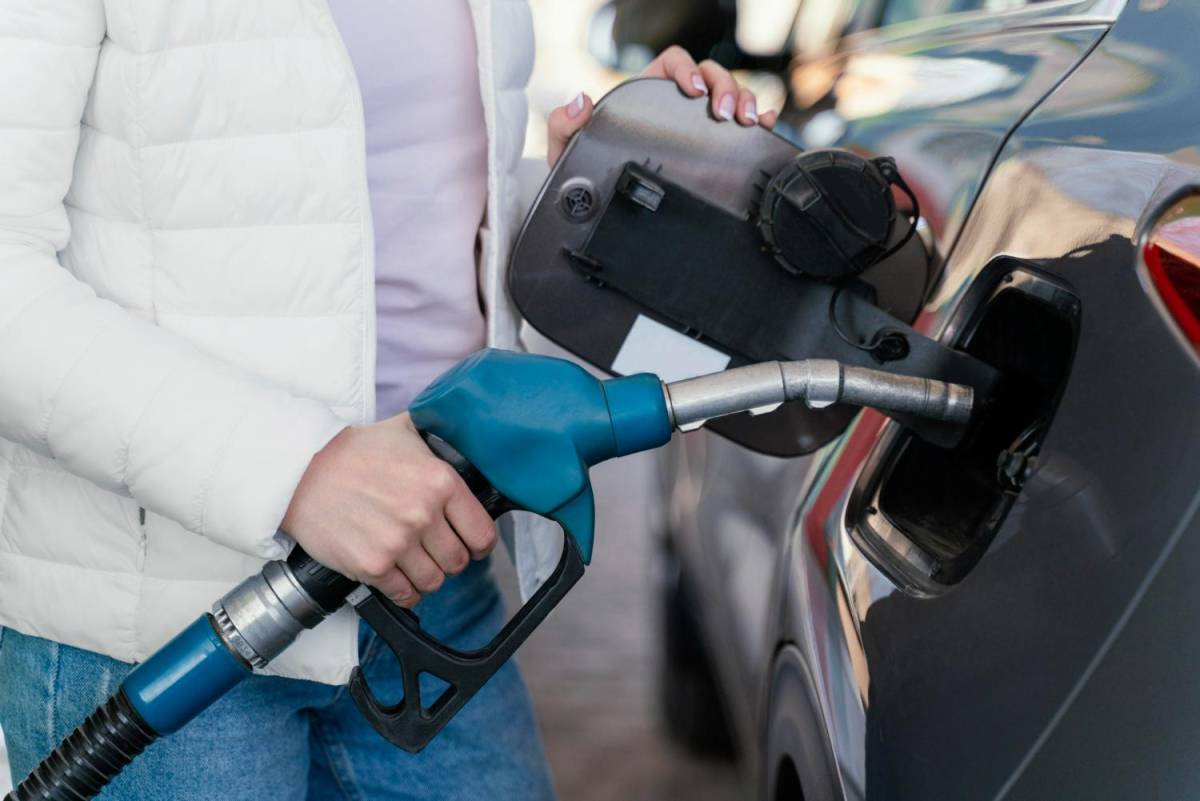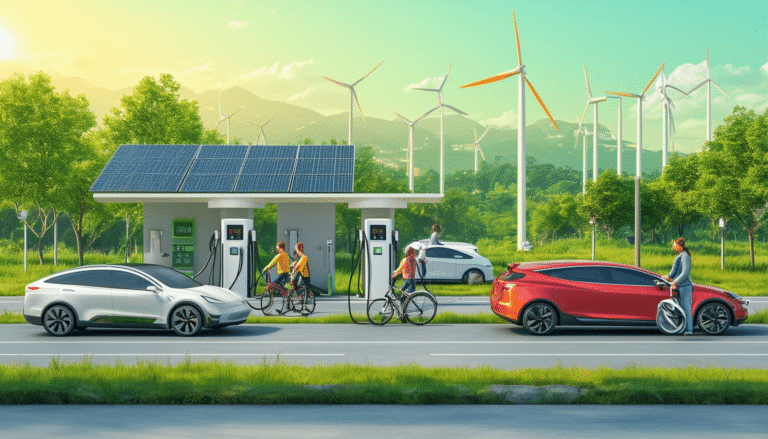Consejos para automovilistas: cómo disminuir hasta un 30% tu consumo de gasolina

In a world where gasoline prices continue to rise, reducing gasoline consumption has become a priority for drivers conscious of their economy and the environment. Adopting certain driving habits and applying practical tips can result in significant savings, reducing fuel consumption by up to 30%. From simple modifications in driving style to proper vehicle maintenance, every action counts to optimize our driving experience and contribute to sustainability. Knowing these tips is essential for anyone looking to not only save money but also care for our planet.
With the constant rise in fuel prices, it is essential for drivers to look for ways to optimize their gasoline consumption. In fact, with some changes in our driving habits and a little knowledge about vehicle maintenance, it is possible to reduce gasoline use by up to 30%. Below, we will explore several practical strategies that will not only benefit your wallet but also contribute to a more sustainable environment.
Adopt efficient driving habits
The way you drive can significantly impact gasoline consumption. Aggressive driving, such as rapid acceleration and braking sharply, can increase fuel expenditure. Adopting a smooth driving style, avoiding unnecessary acceleration, and maintaining a constant speed can help improve your energy efficiency. These habits have been shown to reduce gasoline consumption by between 15% and 30% under suitable road conditions.
Avoid using the air conditioning
Using the air conditioning in your vehicle can lead to an increase in gasoline consumption. When possible, consider opening the windows to maintain freshness. If you are traveling at high speed, using the air conditioning may be more efficient than opening the windows, as this can increase aerodynamic drag. So, choose wisely when it is appropriate to use it.
Proper vehicle maintenance
Regular maintenance of your car is crucial to ensure adequate gasoline consumption. A well-tuned engine, properly inflated tires, and regular oil changes can make a big difference. Each of these elements helps the engine run more efficiently, which translates to less gasoline use. Periodically check these aspects to keep your vehicle in optimal condition.
Optimize the vehicle load
Additional weight in your car, such as unnecessary luggage or accessories you don’t use, can affect gasoline consumption. The more weight you carry, the more effort the engine will require, consequently increasing fuel consumption. Lightening your vehicle of superfluous loads can lead to significant gasoline savings.
Efficient use of navigation systems
Nowadays, navigation applications and systems are powerful tools for optimizing routes and avoiding traffic. Using Google Maps, for example, can help you find faster routes with fewer stops, reducing driving time and gasoline consumption. Being informed about road conditions and choosing the most efficient route can lead to significant savings when filling the tank.
Know the road conditions
Road conditions also play a crucial role in gasoline consumption. Driving on inclines or in adverse weather—such as rain or snow—can increase fuel use. Being aware of these factors and adjusting your driving accordingly can help you minimize consumption.
Education on responsible consumption
Finally, understanding the relationship between driving behavior and gasoline consumption is crucial. Education on responsible consumption can help drivers become more aware of their habits. Learning how to reduce gasoline consumption not only benefits the household budget but also supports environmental sustainability initiatives. Explore more about how education can help reduce fuel consumption in resources available online.
For more information on the subject and to discover additional techniques, you can access this link.
Additionally, considering the importance of integrating sustainable practices can have a notable impact on our environment. More information on this aspect is available here.
Ultimately, drivers have the power to make significant changes simply by adjusting their habits and practicing efficient driving. All it takes is a little willingness and the intention to care for both our personal economy and the environment.
Reducing gasoline consumption has become a priority for many drivers, not only to save money but also to contribute to a more sustainable environment. Implementing appropriate driving habits can lead to a significant decrease of up to 30% in fuel expenses. Adopting simple and effective practices can make a difference for your wallet and for the planet.
One of the first steps is to improve your driving style. Avoiding hard accelerations and unnecessary braking not only favors safer driving but also reduces gasoline consumption. Driving at a constant speed, especially on highways, will be key to optimizing fuel use.
Moreover, it is essential to carry out proper maintenance of the vehicle. Checking tire pressure, ensuring the engine is in good condition, and using recommended oils will play a vital role in gasoline consumption efficiency. A well-maintained car is not only safer but also consumes less energy.
Another fact to consider is the use of air conditioning. Using it sparingly or in necessary situations can help decrease fuel consumption. It is also advisable to turn off the air conditioning when it is not needed, as its use can increase engine wear and, consequently, gasoline consumption.
Finally, leading a lifestyle that considers the responsible use of transportation can generate a real impact on gasoline consumption. Applying these tips will not only mean an economic benefit but also a step towards a cleaner and more environmentally respectful future.





